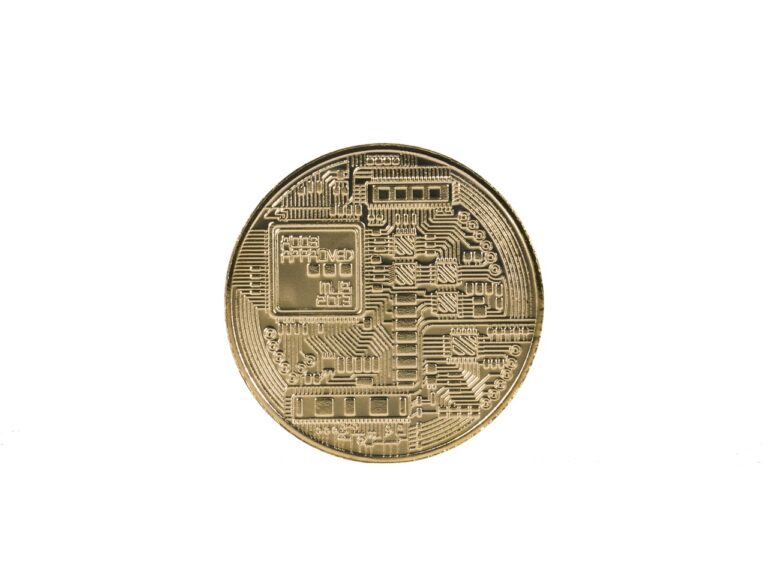Exploring the Future of AI in Predicting and Managing Business Crises
In today’s fast-paced business landscape, the integration of artificial intelligence (AI) in crisis management has become increasingly crucial. AI offers real-time data analysis and pattern recognition, enabling businesses to identify potential crises before they escalate. By monitoring various sources of information and applying complex algorithms, AI can provide valuable insights into emerging risks and help organizations proactively address them.
Moreover, AI can enhance decision-making processes during a crisis by providing executives with data-driven recommendations and predictive analytics. This not only streamlines the response to crises but also minimizes the potential impact on operations and reputation. With AI-powered tools, businesses can improve their crisis preparedness and resilience, ultimately safeguarding their long-term sustainability in an unpredictable and volatile business environment.
Challenges Faced in Predicting Business Crises
Predicting business crises poses a significant challenge due to the complex and dynamic nature of today’s business environment. One of the main obstacles is the sheer volume and variety of data that needs to be analyzed to detect potential warning signs of a crisis. Traditional forecasting methods may struggle to keep up with the speed and scale at which data is generated, leading to delays in identifying emerging risks.
Moreover, the interconnected nature of global markets and industries further complicates the task of predicting business crises. A crisis in one part of the world can have cascading effects that reverberate across borders and sectors, making it difficult to isolate the root causes of a potential crisis. This interdependence requires a more sophisticated analytical framework that can account for these complex relationships and anticipate systemic risks before they escalate into full-blown crises.
Benefits of Using AI in Crisis Prediction
Businesses are increasingly turning to artificial intelligence (AI) for crisis prediction, and the benefits are becoming more apparent. One key advantage is the ability of AI to analyze vast amounts of data quickly and efficiently. This enables organizations to detect early warning signs of potential crises, giving them valuable time to take proactive measures to mitigate risks and protect their assets.
Moreover, AI can identify patterns and correlations in data that may not be obvious to human analysts. By processing and interpreting data in real time, AI systems can provide businesses with insights that can help them make better-informed decisions when facing a crisis. This predictive capability is invaluable in today’s fast-paced and unpredictable business environment, where being able to anticipate and respond to crises swiftly can make all the difference.







